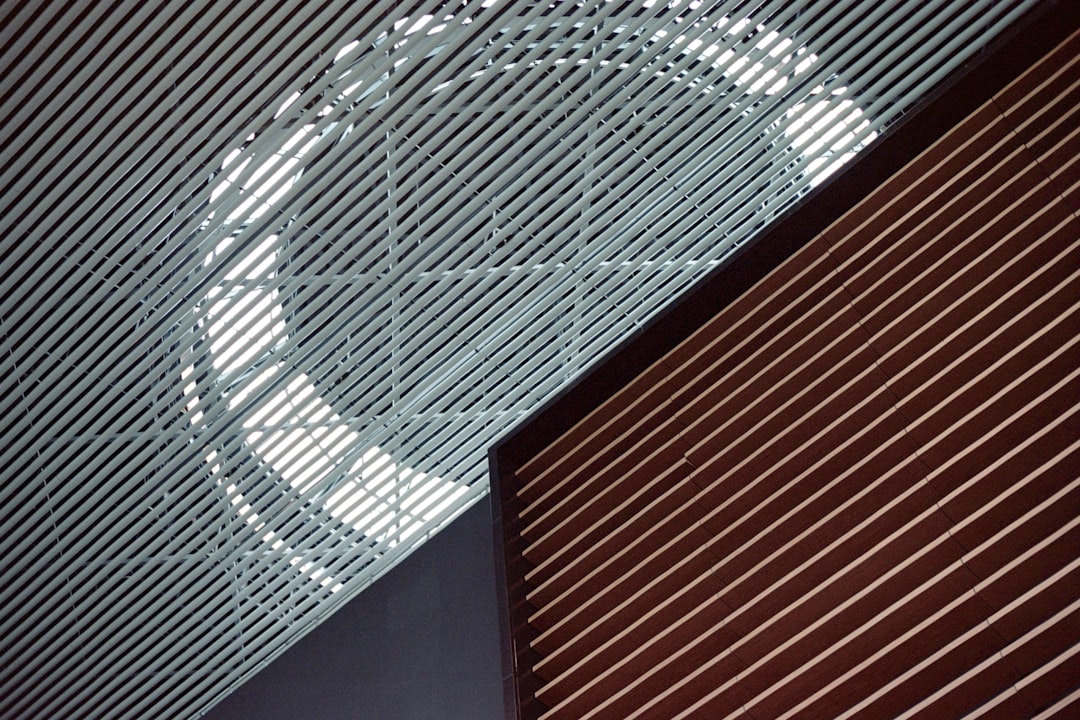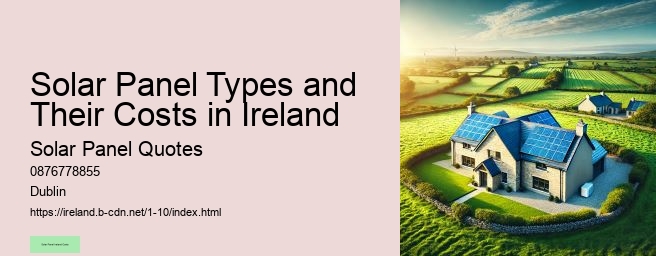

Solar panels are an investment in renewable energy, offering both financial and environmental benefits.
These figures depend on various factors, including the size of the photovoltaic system, the type of solar cells used (monocrystalline silicon, polycrystalline silicon, or thin-film solar cells), and additional features like energy storage and shading optimizers.
Module interconnection
A connection example, a blocking diode is placed in series with each module string, whereas bypass diodes are placed in parallel with modules.
Module electrical connections are made with conducting wires that take the current off the modules and are sized according to the current rating and fault conditions, and sometimes include in-line fuses.
Panels are typically connected in series of one or more panels to form strings to achieve a desired output voltage, and strings can be connected in parallel to provide the desired current capability (amperes) of the PV system.
In string connections the voltages of the modules add, but the current is determined by the lowest performing panel. This is known as the "Christmas light effect". In parallel connections the voltages will be the same, but the currents add. Arrays are connected up to meet the voltage requirements of the inverters and to not greatly exceed the current limits.
Blocking and bypass diodes may be incorporated within the module or used externally to deal with partial array shading, in order to maximize output. For series connections, bypass diodes are placed in parallel with modules to allow current to bypass shaded modules which would otherwise severely limit the current. For paralleled connections, a blocking diode may be placed in series with each module's string to prevent current flowing backwards through shaded strings thus short-circuiting other strings.
Why integrating energy storage into your solar panel system can enhance its value.

Posted by Mr Solar Panels Ireland on
A detailed overview of the factors contributing to the initial installation cost of solar panels.

Posted by Mr Solar Panels Ireland on
The influence of shading on the efficiency and costs of installing solar panels.

Posted by Mr Solar Panels Ireland on
The role of solar panels in advancing sustainability and reducing carbon footprints.

Posted by Mr Solar Panels Ireland on
Learn how to calculate the time it will take for your solar panel investment to pay for itself.

Posted by Mr Solar Panels Ireland on

Homes equipped with rooftop photovoltaic systems are seen as energy-efficient and sustainable, making them more appealing to potential buyers. Polycrystalline silicon panels offer a more cost-effective solution, while Thin-film solar cells are suitable for specific applications.
By choosing solar energy, homeowners not only save money but also take an active role in shaping a more sustainable future.
A rooftop photovoltaic system tailored to your specific energy consumption can provide significant long-term savings and reduce reliance on the electrical grid.
The transition to solar energy aligns with global efforts to combat climate change and promote sustainable development. In conclusion, the cost of solar panels in Ireland is a worthwhile investment for those seeking long-term energy savings, environmental benefits, and enhanced property value. Advanced systems allow for seamless integration with hybrid vehicles and electric vehicle battery chargers, making them a smart investment for homes transitioning to sustainable energy. When considering the transition to renewable energy, understanding the cost of solar panels in Ireland is a key step.
Regular cleaning to remove dirt and debris is often sufficient to maintain optimal performance. For example, they can charge electric vehicles, supporting the transition to cleaner transportation. Thin-film solar cells, though less common, may suit unconventional installations or areas with shading.
In terms of cost-effectiveness analysis, solar panels stand out as a smart investment. The durability of solar panels further strengthens their cost-effectiveness. Choosing the right solar system requires careful consideration of individual needs.
Advanced inverters, combined with energy monitoring systems, ensure optimal performance and allow homeowners to track their energy savings. The combination of reduced electricity bills, environmental benefits, and increased property value makes solar energy an attractive choice for homeowners and businesses alike. Additionally, the VAT reduction on solar panels to 0% has significantly lowered the upfront cost for homeowners.


These combinations create comprehensive solutions for reducing energy costs and minimizing environmental impact. Selecting the right solar panel system depends on individual needs and circumstances.
On average, solar panels pay for themselves within five to seven years, depending on the size of the system and energy usage.
By embracing this technology, you not only reduce electricity prices but also contribute to sustainable energy practices and efficient energy use, ensuring a brighter future for your home and the planet.
Surplus electricity generated from solar power can be exported back to the grid through the Microgeneration Support Scheme, which provides homeowners with a feed-in tariff.
Financial support and incentives play a crucial role in making solar energy accessible. Incorporating solar panels into a home's energy system is a step toward sustainability.

Monocrystalline silicon panels, with their high efficiency and sleek appearance, are ideal for smaller rooftops or those looking for maximum output. Modern photovoltaic systems offer more than electricity generation.
While not mandatory, a rechargeable battery or home energy storage system can significantly enhance the functionality of a solar panel installation.
These initiatives align with Ireland's commitment to reducing greenhouse gas emissions and promoting renewable energy use.
Beyond improving energy efficiency, batteries provide backup power during outages and enhance independence from the electrical grid.

Yes, the Irish government offers several incentives, including SEAI grants and a reduction in VAT on solar equipment to promote solar energy adoption.
Yes, given the rising cost of electricity and the availability of government incentives, solar panels are a financially sound and sustainable investment in Ireland.